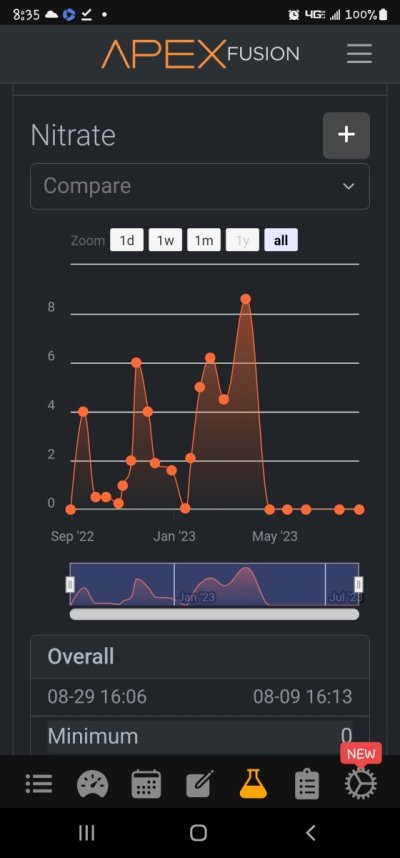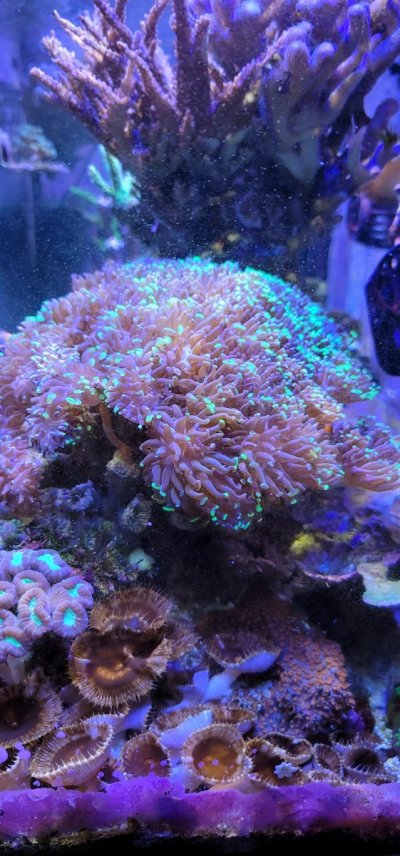When I owned an LFS, I initially acclimated 20-30 boxes per week of transshipped fish without Prime back in the day. It was a simple float to establish temp... Open bags and dump into 5 gallon buckets... and drip acclimate. There was an expected mortality rate, but I don't remember it being anywhere close to on-third. I tried products that claimed to "neutralize ammonia or help the fishes slime coat, but nothing seemed to help. Eventually, after talking to several wholesalers, I learned that unless the water in the bags was a lower salinity than that of my system, salinity acclimation was an unnecessary risk. IF I REMEMBER CORRECTLY... Osmotic shock was only an issue when going from a lower salinity to a higher one. I kept my fish systems at 1.018. Transshipped fish, repackaged at LAX, usually came in at or maybe slightly higher. Fish loss decreased greatly once I stopped drip acclimating transshipped fish unless the salinity of the shipment was lower than my system.True. No Scientific tests just a couple years of use about 2 times a month getting 50 or so bags of fish from the airport. Prior to use a few(maybe a 1/3) of those fish would die in the tanks after being added(with in a day) with no apparent damage or disease. After we started using prime and acclimating them to the tank parameters in their shipping water unexplained deaths diminished greatly. Just so you all know I dont currently use or advocate the use of prime especially in tanks and have seen or at least thought it may have caused issues with cycling of ammonia, which would mean its doing something. Is it just snake oil? I have no proof either way and no skin in the game.
If the salinity was lower in the shipping water we would place the fish immediately in water from our system that was diluted to match, or be slightly lower than the shipping water, and then drip acclimate accordingly. I might prefer transferring fish into fresh, ammonia free water to trusting Prime to somehow neutralize, remove, or otherwise lock it up just because Seachem says it does.
I am NOT advising everybody to quit acclimating fish though. Transshipping, or even shipping wholesale fish from LA or Tampa, is different than bringing one fish home from the LFS or even shipping a couple overnight.



















